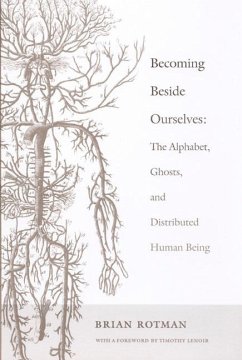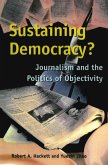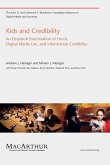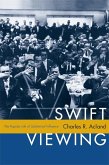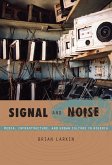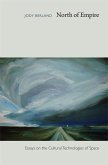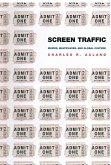""Becoming Beside Ourselves" is a bold, provocative, and highly original argument about the relation between medial effects and changing manifestations of subjectivity. It traces a sweeping trajectory from what Brian Rotman calls the 'lettered self, ' associated with alphabetic inscription and the codex printed book, to the subject as distributed assemblage associated with network culture. While others have made parts of this kind of argument before, Rotman's analysis is unique in placing special emphasis on gesture and revealing its traces in orality and print. In a brilliant synthesis, he mixes evolutionary theory with a Deleuzian view of agent-as-assemblage, arguing that computational media both reveal and perform distributed cognition as a crucial aspect of human being-in-the-world. Essential reading for anyone interested in the interrelations between computational media, contemporary subjectivity, and human evolution."--Katherine Hayles, University of California, Los Angeles
Hinweis: Dieser Artikel kann nur an eine deutsche Lieferadresse ausgeliefert werden.
Hinweis: Dieser Artikel kann nur an eine deutsche Lieferadresse ausgeliefert werden.

